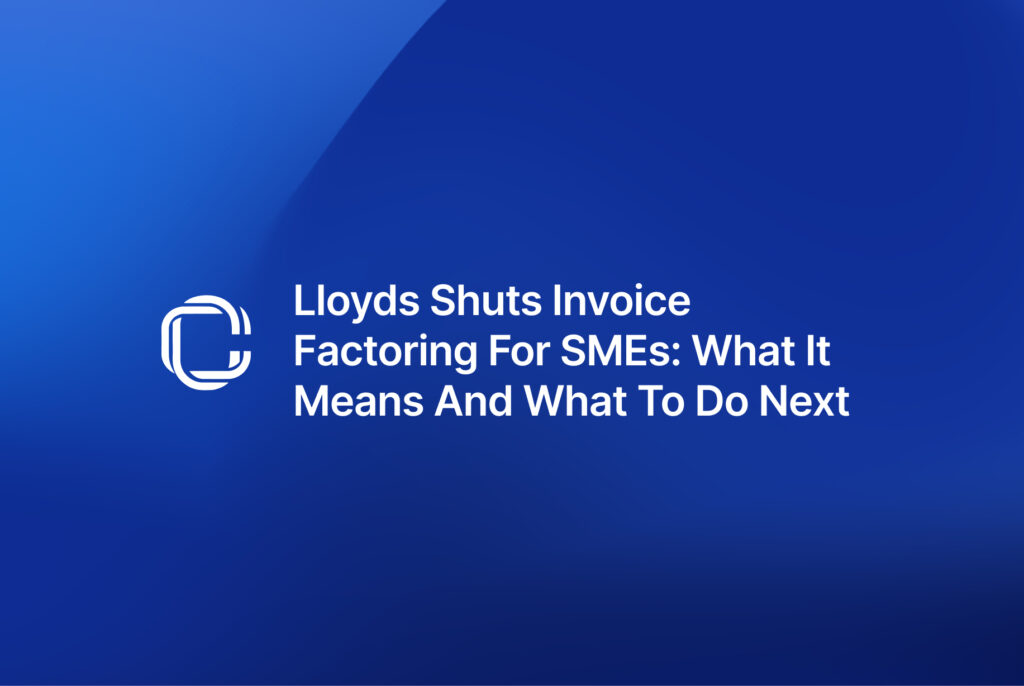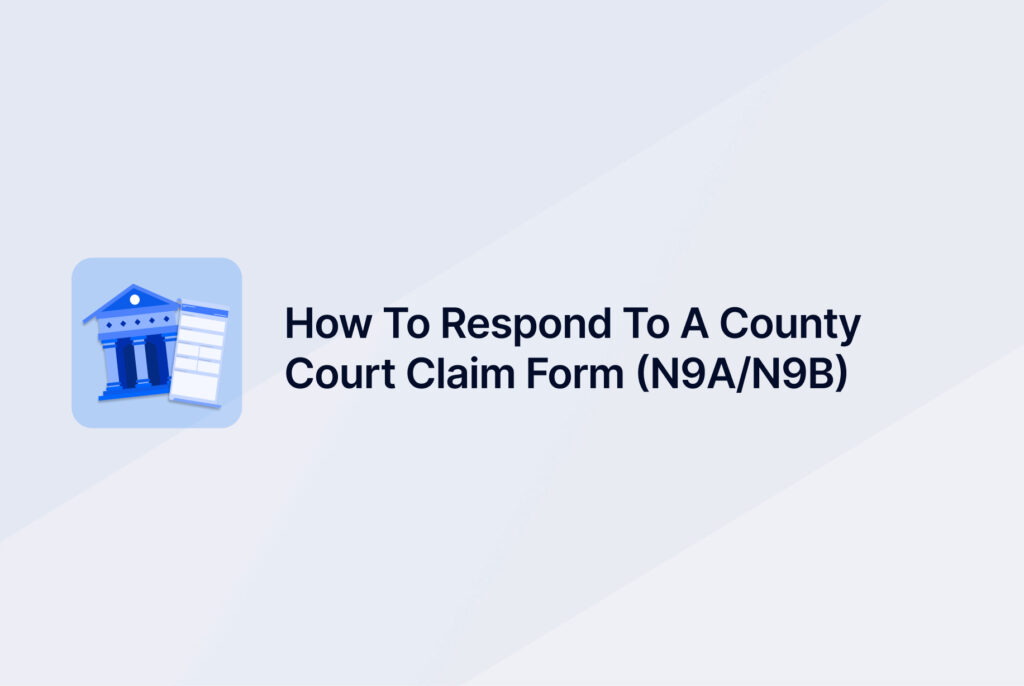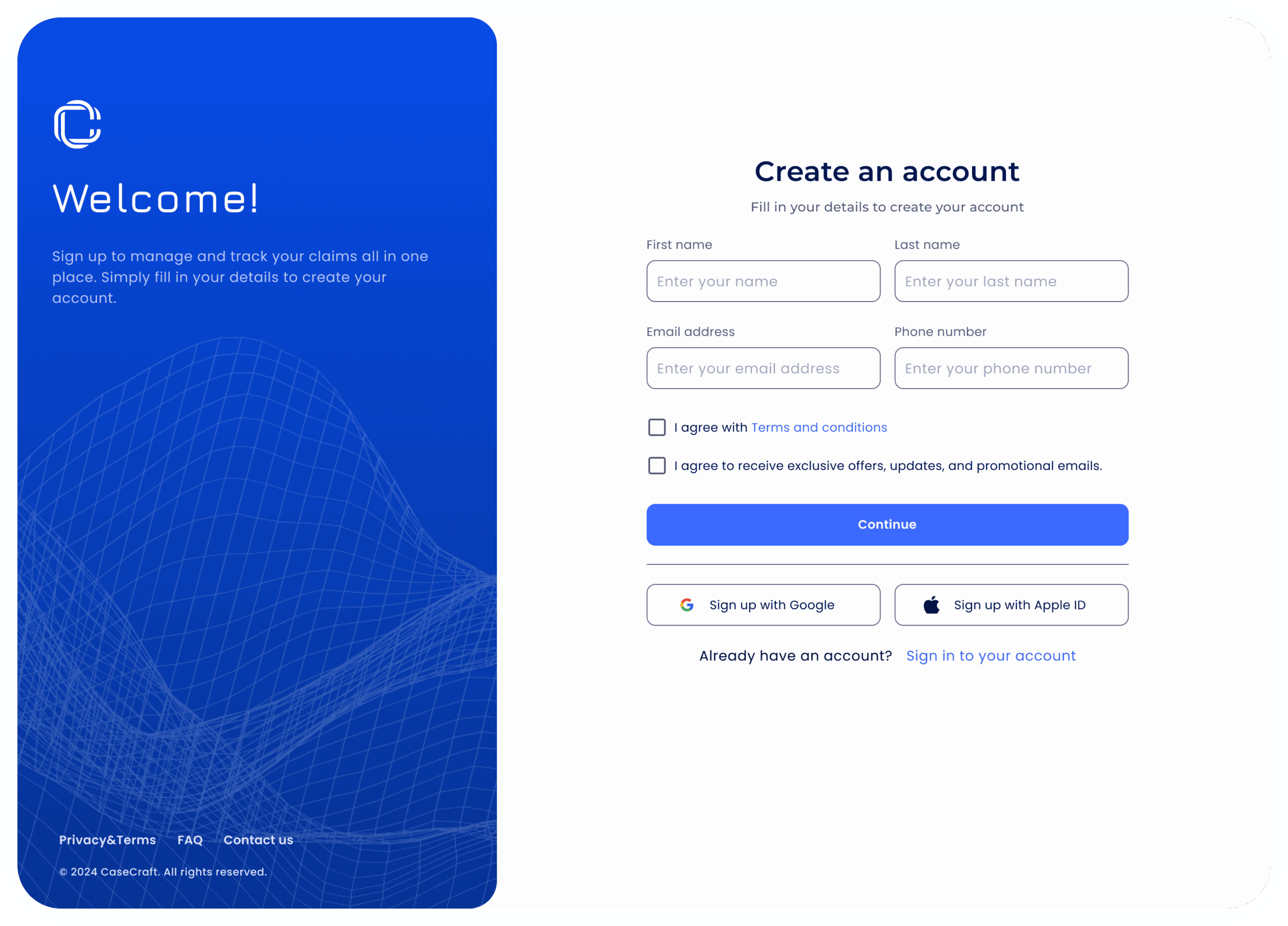Thinking of installing a smart meter? Discover the pros, cons and myths about smart meters in the UK. Learn the facts before you decide.
Smart meters in the UK are rapidly replacing the old analogue electricity and gas meters. They record energy use digitally and transmit readings to the supplier, removing the need for manual meter readings and estimated bills. This article explains how smart meters work, the benefits and drawbacks of using one, and dispels common myths. It also explains what happens when disputes arise with suppliers and how the CaseCraft.ai platform can support small‑claims cases involving energy billing issues.
What Is a Smart Meter and How Does It Work?
The difference between smart and traditional meters. Traditional electricity and gas meters simply record cumulative energy use. Householders must read the dials and submit readings to their supplier or risk estimated bills. A smart meter continuously measures usage and communicates with a secure data network run by the Data Communications Company (DCC). When a new second‑generation SMETS2 smart meter is installed, it is connected to the DCC network from day one, meaning it will continue to work when a customer changes suppliers. Older SMETS1 meters are being enrolled onto the DCC so that they also remain interoperable.
How smart meters send data to suppliers. Smart meters send readings at regular intervals (half‑hourly or daily) to the supplier via the DCC’s secure network. This network is not the internet; data is encrypted, and suppliers only receive the information necessary to generate your bill. An in‑home display shows real‑time usage in pounds and pence so households can adjust their consumption.
Difference Between Smart and Traditional Meters
Traditional meters are simple counters. They don’t talk to your supplier. You (or a meter reader) submit readings a few times a year, so suppliers often bill on estimates in between. With a smart meter, usage data is sent automatically, which removes estimated bills and unlocks newer tariffs.
Smart meters in the UK use the national Data Communications Company (DCC) network. Your electricity or gas meter connects to a communications hub in the property, which sends encrypted readings over the DCC wide-area network to your supplier. Secure plumbing is what enables automated billing and near real-time insights on your in-home display.
Time-of-use pricing is the big functional difference. Smart meters let households opt into smart tariffs and take part in flexibility schemes that reward shifting usage to cheaper, greener hours. The government’s 2025 policy work sets out that role explicitly.
There are two standards:
- SMETS1 (first generation): early devices. Some lost “smart” features after switching suppliers. DCC’s SMETS1 Enrolment and Adoption programme is migrating millions of these meters onto the national network, so they keep smart functions when you change supplier.
- SMETS2 (current standard): designed to be supplier-agnostic from day one. They continue to work when you switch, and support smart tariffs and remote updates.
Where the rollout stands: by the end of June 2025, government statistics show 69% of meters in operation were smart or advanced; 63% were operating in smart mode, 6% were smart in traditional mode, and 31% were non-smart. That context helps explain why estimates are still an issue for some homes, while most can now benefit from automated, accurate billing.
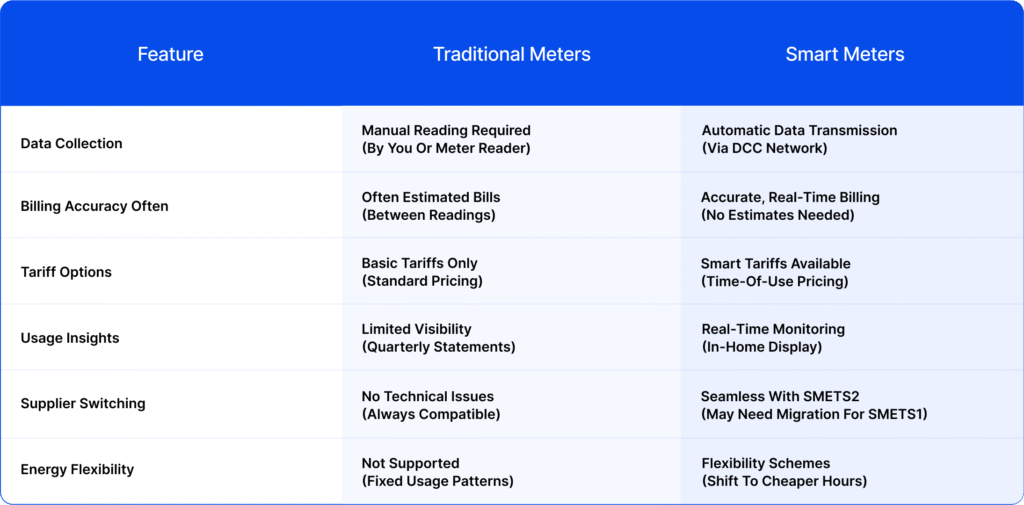
The Benefits of Smart Meters (Pros)
Smart meters offer several advantages when they operate correctly:
- Accurate billing. Because the meter transmits readings automatically, suppliers can bill customers for actual consumption rather than estimates. This eliminates disputed estimated bills and manual meter readings.
- Real‑time usage tracking. The in‑home display shows consumption and cost in near real‑time. Awareness of consumption helps households reduce waste and cut costs.
- Access to flexible tariffs. Smart meters enable time‑of‑use tariffs and demand flexibility initiatives that reward customers for using electricity at off‑peak times. Ofgem estimates that using half‑hourly smart‑meter data could save between £1.6 billion and £4.5 billion on energy bills by 2045.
- Enabling net‑zero goals. By providing network operators with detailed consumption data, smart meters help balance supply and demand, support more renewable generation and reduce carbon emissions. The UK government expects the smart‑meter rollout to save households £5.6 billion in total, partly by making the energy system more efficient.
- Convenience for prepayment customers and renters. Prepayment customers can top up remotely and switch between prepayment and credit modes without replacing the meter. Tenants can request a smart meter even if they rent; they should inform their landlord, but do not usually need permission.
The Downsides of Smart Meters (Cons)
While the technology brings clear benefits, there are genuine concerns and problems with smart meters:
- Technical issues and “dumb mode.” A significant minority of first‑generation meters lose their smart functionality when customers switch suppliers or if communication fails. By mid-2025, about six per cent of smart meters were operating in traditional (non‑smart) mode. To tackle this, the government has begun enrolling older meters onto the DCC network and is offering compensation when a meter fails to send readings for 90 days, around £40 per faulty meter.
- Privacy and data concerns. Some people worry that smart meters might share personal data. Smart meters in the UK transmit only anonymised usage data needed for billing; personal details are not included, and the data belongs to the customer. Suppliers cannot share usage data without your consent and cannot use the data for marketing.
- Potential higher costs. Access to time‑of‑use tariffs can benefit households that shift consumption, but if you use most electricity at peak times, you could pay more. Installation is “free”, but suppliers recover costs through bills. Some older appliances may need replacing to gain full benefits.
- Not compulsory despite supplier pressure. Energy companies have targets to install smart meters and may pressure customers to accept one, but the rollout is voluntary. Households can refuse or delay smart meter installation in the UK.
Smart Meter Pros and Cons at a Glance
Table — Pros vs Cons
| Pros | Cons |
| Accurate bills from automatic readings | Occasional connectivity issues or “dumb mode” |
| Near real-time usage insight via IHD | Some tariffs may become restricted without a smart meter |
| Access to time-of-use and smart tariffs | Programme costs recoverable through bills |
| Supports a flexible, lower-carbon grid | Fault resolution can take time; compensation rules are evolving |
(Pros and cons summarised from Ofgem guidance, DCC documentation and government statistics.)
Smart Meter Myths Explained
A lot of misinformation circulates about smart meters. The table below contrasts common myths with verified facts.
| Myth | Fact |
| Smart meters cause health risks | Government and UK Health Security Agency studies show that the radio‑frequency emissions from smart meters are far below international guidelines and lower than exposures from everyday devices like mobile phones and Wi‑Fi. |
| You’ll be forced to have one. | Although suppliers are incentivised to install them, you are not legally obliged to accept a smart meter. You can decline or request a delay. |
| Smart meters automatically save money. | A smart meter does not reduce consumption by itself. Savings come from using the in‑home display to adjust your behaviour or switching to a tariff that suits your usage. |
| They stop working when you switch suppliers.s | New SMETS2 meters and enrolled SMETS1 meters remain interoperable across suppliers. Temporary communication issues can cause older meters to revert to “dumb mode”, but this is being addressed. |
| Smart meters share your personal data. | The data transmitted is limited to energy usage monitoring and billing information; it is encrypted and cannot be shared without your consent. |
| They monitor all your appliances. | Smart meters measure overall energy consumption. They cannot identify individual appliances unless you use additional smart plugs or home‑automation devices. |
Smart Meters and Energy Suppliers
Who are the energy suppliers? In Great Britain, energy suppliers are the licensed companies you buy gas and electricity from. They bill you, arrange meter installations (usually via contractors), and are accountable for metering issues under Ofgem’s rules. The Data Communications Company (DCC) runs the secure network that carries your smart-meter data between your home and your supplier.
What suppliers are obliged to do. Under the government’s rollout framework, every supplier has binding annual smart-meter installation targets from 2022 to 2025. They must offer smart meters to domestic and micro-business customers and meet those targets by the end of 2025. Suppliers are required to be DCC users (with limited exceptions for certain advanced non-domestic meters) and to ensure meters operate as intended, sending automatic readings.
The UK government aims to roll out smart meters to most households by the end of 2025. According to official statistics, nearly 40 million smart and advanced meters were installed in Great Britain by June 2025, representing about 69 per cent of all domestic and small‑business meters. About 63 per cent were operating in smart mode while 6 per cent were functioning as traditional meters. The chart below illustrates this breakdown.
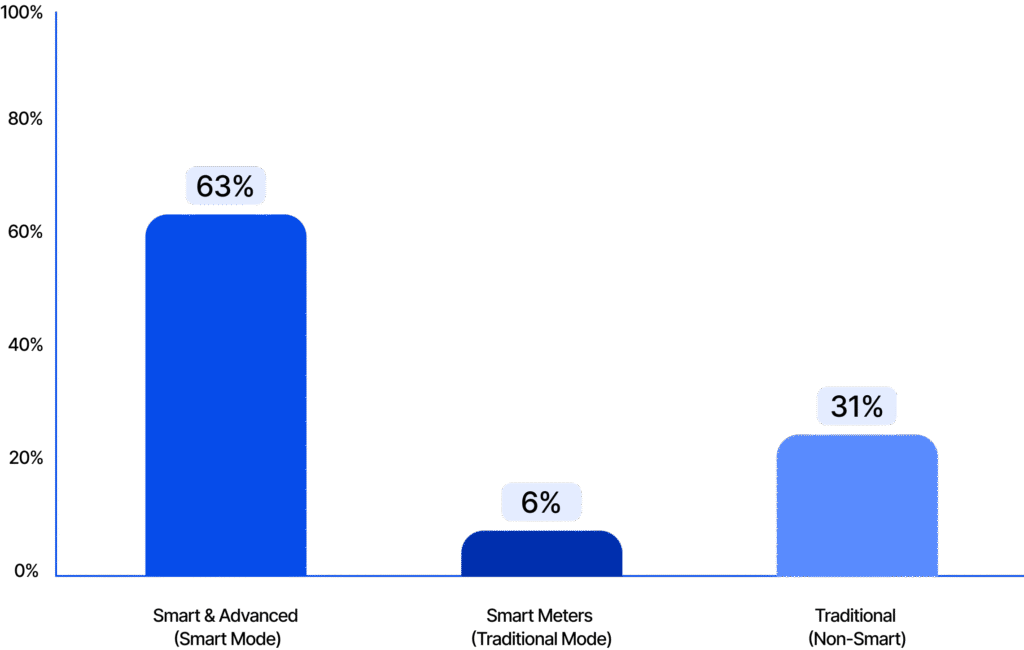
While the overall adoption rate is impressive, rollout and performance vary among suppliers. Some suppliers are ahead in upgrading first‑generation meters to SMETS2. It’s worth asking your supplier about the type of meter they will install and whether it will work across suppliers. If your meter stops sending readings, contact your supplier; you may be eligible for compensation. Suppliers should repair or replace faulty meters and maintain their existing tariff.
Should You Get a Smart Meter?
If you’re wondering “should I get a smart meter UK?”, the short answer is: usually yes, if your home and habits suit it. For most households, the benefits of accurate billing, real‑time insights and access to new tariffs outweigh the downsides. Families who can shift consumption to off‑peak periods benefit most from time‑of‑use tariffs. Prepayment customers gain convenience from remote top‑ups, and renters may avoid disputes over estimated bills. However, if you live in an area with a poor mobile signal, your smart meter may frequently lose connectivity and operate in “dumb mode”. You can still ask for installation later when the network improves. The device itself doesn’t lower costs; behavioural changes do.
Smart Meters, Billing Disputes and Small Claims
Most smart‑meter installations proceed smoothly. However, there are cases where customers receive inflated bills, experience faulty equipment or face refusal by suppliers to rectify errors. If you cannot resolve a dispute directly with your supplier or through the Energy Ombudsman, you may need to take the matter to court. For energy billing disputes below £10,000, the case can often be handled through the small‑claims track.
Before filing a claim, gather evidence such as copies of bills, communication with the supplier and meter photographs. Follow the pre‑action protocol: write to the supplier requesting a resolution, propose instalment plans if appropriate and attempt mediation. Only when these steps fail should you file a claim, either through the HM Courts’ paper form N1 or online.
How CaseCraft.ai Helps with Energy‑Related Small Claims
CaseCraft AI is a legal‑tech platform designed to make small‑claims cases fast and accessible. Its AI‑powered features guide users through each stage of the process and automatically generate the necessary documents. The platform:
- Automates legal paperwork. CaseCraft.ai auto‑generates N1 claim forms, defence statements and settlement letters based on user input, removing the complexity of drafting legal documents.
- Guides you step by step. It provides a self‑guided workflow to ensure you gather evidence, follow pre‑action protocols and meet procedural requirements. Templates and examples help you avoid mistakes when responding to a claim.
- Tracks deadlines and progress. The dashboard sends reminders for key dates, from acknowledging a claim to submitting evidence, and ensures you never miss a hearing.
- Checks for errors. The AI reviews your case and flags common errors before submission.
- Secure document storage. Users can upload contracts, invoices, emails and other evidence to secure cloud storage; files can be updated before submission. Data is stored on encrypted UK‑based servers and is protected by bank‑grade encryption.
- Eligibility check and case guidance. CaseCraft helps users determine whether their claim falls within the small‑claims limit, assists with drafting a “letter before action”, and ensures compliance with court rules.
Taking Control of Your Energy Dispute
Smart meters are transforming the UK’s energy landscape, offering accurate billing, real‑time insights and pathways to greener tariffs. But they are not perfect. Understanding how they work and being aware of both benefits and drawbacks helps you make an informed decision. Myths about health risks, mandatory installation and data misuse are unfounded; the real challenges relate to technical faults and how you use the information provided.
If you are unhappy with your smart‑meter installation or believe your supplier has overcharged you, the first step is to complain directly to the supplier. Keep records of all communication and meter readings. Should the dispute persist and the value is under £10,000, you can take the case to the small‑claims court. CaseCraft.ai offers an accessible route through this process, automating forms, guiding you through the legal steps and ensuring that you meet all deadlines. It is designed to make justice fair and accessible for everyone.
The transition to smart meters is a key part of the UK’s net‑zero journey. By understanding the facts and using technology to assert your rights, you can benefit from the data revolution while protecting yourself against potential pitfalls.
FAQ: Smart Meters in the UK
Are smart meters compulsory in the UK?
No. Suppliers are required to offer them, but customers are free to decline.
What are the disadvantages of having a smart meter in the UK?
Technical faults, data‑security concerns, and potential cost increases if your usage patterns don’t suit time‑of‑use tariffs. Some first‑generation meters may lose functionality when switching suppliers.
Do smart meters save you money?
Smart meters make your energy usage visible and facilitate access to cheaper tariffs, but savings depend on how you respond to the information. They don’t automatically reduce bills.
Are smart meters safe in the UK?
Yes. Independent assessments show radio‑frequency exposures are well below international guidelines.
Can I refuse to have a smart meter?
Your supplier will continue to bill you using estimated readings or manual readings. You may miss out on some tariffs.
What do I do if my smart meter stops working?
Contact your supplier. They must repair or replace the meter. Compensation is available if the meter fails to send readings for 90 days.








